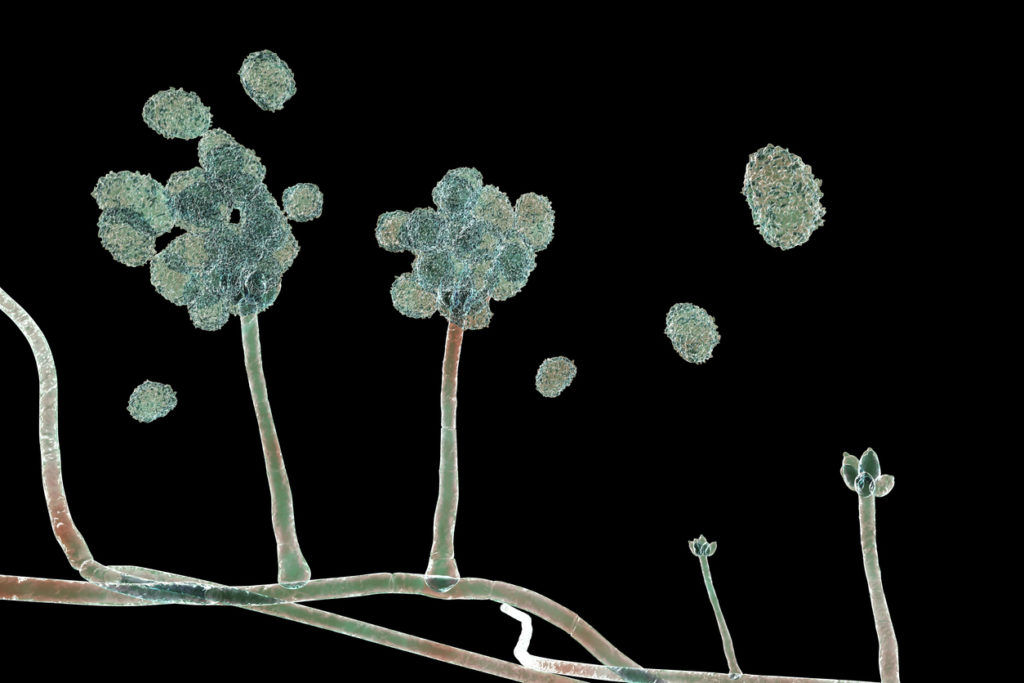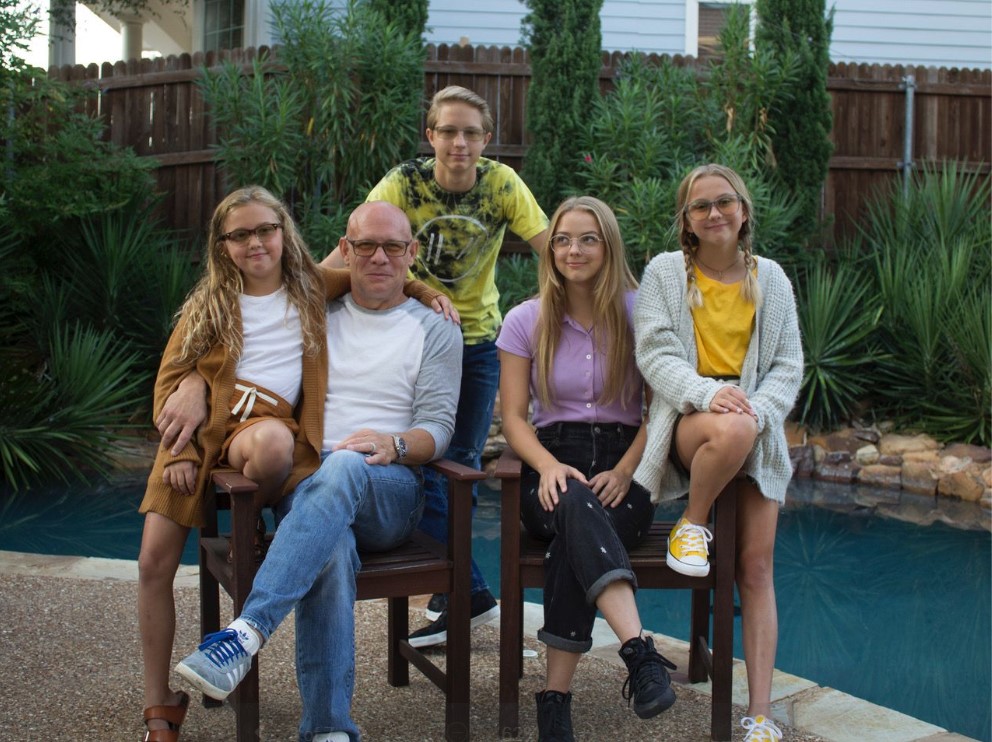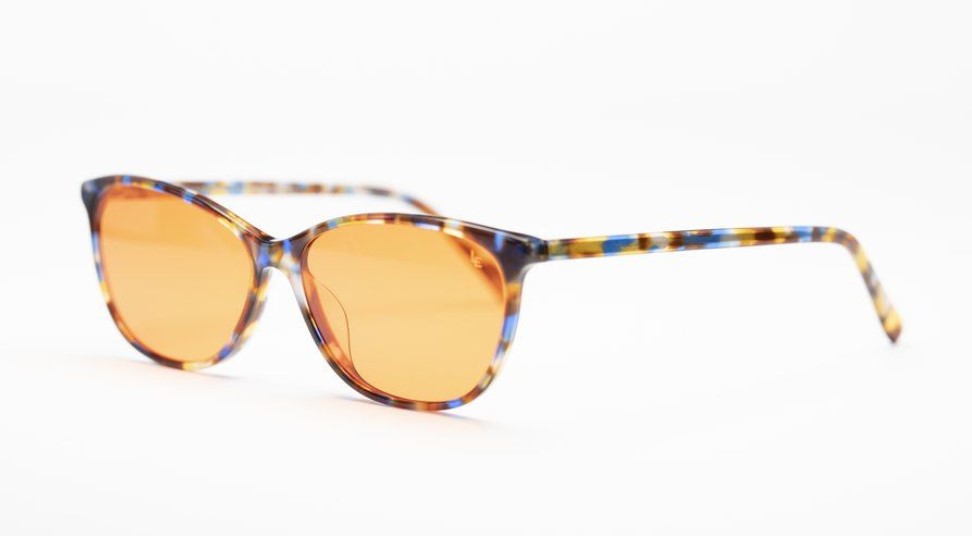Blocking the Blue for a Good Night’s Sleep
In 2011, Dan Huber got sick. Very sick.

Nobody understood what was causing his symptoms. Huber’s health deteriorated until, at last, he figured out that the basement of his Northside home was harboring a silent assailant that was wreaking havoc on his body and well-being: black mold. Once he knew the cause of his symptoms, Huber immediately set about combating them.
Over the ensuing eight years, Huber learned enough about human health and healing to fill volumes, but one of his most impactful discoveries is the importance of sleep. “One simply cannot overstate how important sound, restful sleep is to the body, mind and spirit”, says Dan, “Sleep, or lack of it, effects every aspect of our lives. Along with diet and exercise, it is one of the pillars of a healthy life.”
Huber discovered that sleep disorders are a fairly modern problem, and they have spiked dangerously in recent years, with nearly a third of Americans experiencing some sort of sleep disorder at some point. The king of sleep disorders is insomnia.
We all have the occasional bad night’s sleep, and we all know what that feels like the next day. Nausea, headache, brain-fog, detachment, and fractious ill-humor stalk us the day after a bout of insomnia. Now consider the cumulative effects of many sleepless nights; chronic insomnia can actually shorten a person’s life.

In researching how to heal himself from the effects of black mold, Huber came to understand our need for restful sleep. He learned that the blue light from electronic screens is a major contributor to our lack of sleep. We look at our screens all day then watch TV before we go to bed. The screens bombard our eyes with blue light. And blue light keeps you awake.
According to research published in The International Journal of Ophthalmology, “[blue light] can not only damage the retina… but can also stimulate the brain, inhibit melatonin secretion, and increase corticosteroid production… directly affecting sleep quality.” In short, blue light disrupts our natural circadian rhythms. Additionally, some studies have shown links between blue light exposure and a rise in diabetes, autism, and autoimmune disease.
Upon discovering the effects of blue light, Huber sought blue-blocking products for his family to help reset their melatonin production and re-establish healthful sleep cycles. Over-the-counter products were less than awe-inspiring. Getting prescription blue-blocking glasses proved difficult. Finding ones that his kids would even consider wearing that would stand up to the rigors of daily use proved impossible.

So Huber took matters into his own hands. He recruited the services of his 17-year-old daughter, Liz, and launched Lucia Eyes. Putting the fashion-minded and social media-savvy Liz in charge of curating a selection of stylish frames was step one. She understood that her generation spends a lot of time looking at screens, and she knew “that if we were going to bring a product to market, it needed to be something people my age would actually wear.”
Huber searched high and low to source the best lenses he could get. “The problem with most blue-blocking eye wear on the market”, explains Huber, “is that the lenses are only coated with a blue-blocking material. When the coating gets scratched, which is inevitable, the glasses are useless.” Huber worked with a lens manufacturer to blend the blue blocking material into the polycarbonate lens. “With our product, if your lens becomes scratched, it still blocks the blue-light. You’re still protected.”
To get a good night sleep, blocking blue light is a great start, but the father-daughter duo says there is even more you can do. “Switching to night mode simply isn’t enough. You have to protect your eyes from the damages of blue light both day and night, so we offer both day and night lenses available in all of our frames. Next, you need to turn off or put away all devices, including TVs, at least an hour before bed. Ditch the LED light bulbs and install halogen bulbs if possible. You can switch to candlelight if you really want to go all the way. Candles emit less blue light than the sun… you have to wonder how our ancestors slept.” While turning off the lights completely is not feasible for most, a lack of sleep-disrupting blue light in days gone by was assuredly a good thing.

We live in a world lit not by fire but by LEDs, phones, tablets, and televisions. They are entertaining, indispensable, and always shining bright. We live in an amazing time when we carry immediate access to the sum of human knowledge around in our pockets or purses. However, knowledge is not wisdom. Sometimes, even in this age of technological wonders, wisdom of ages past is not only applicable but truly necessary.


 Sign in
Sign in

